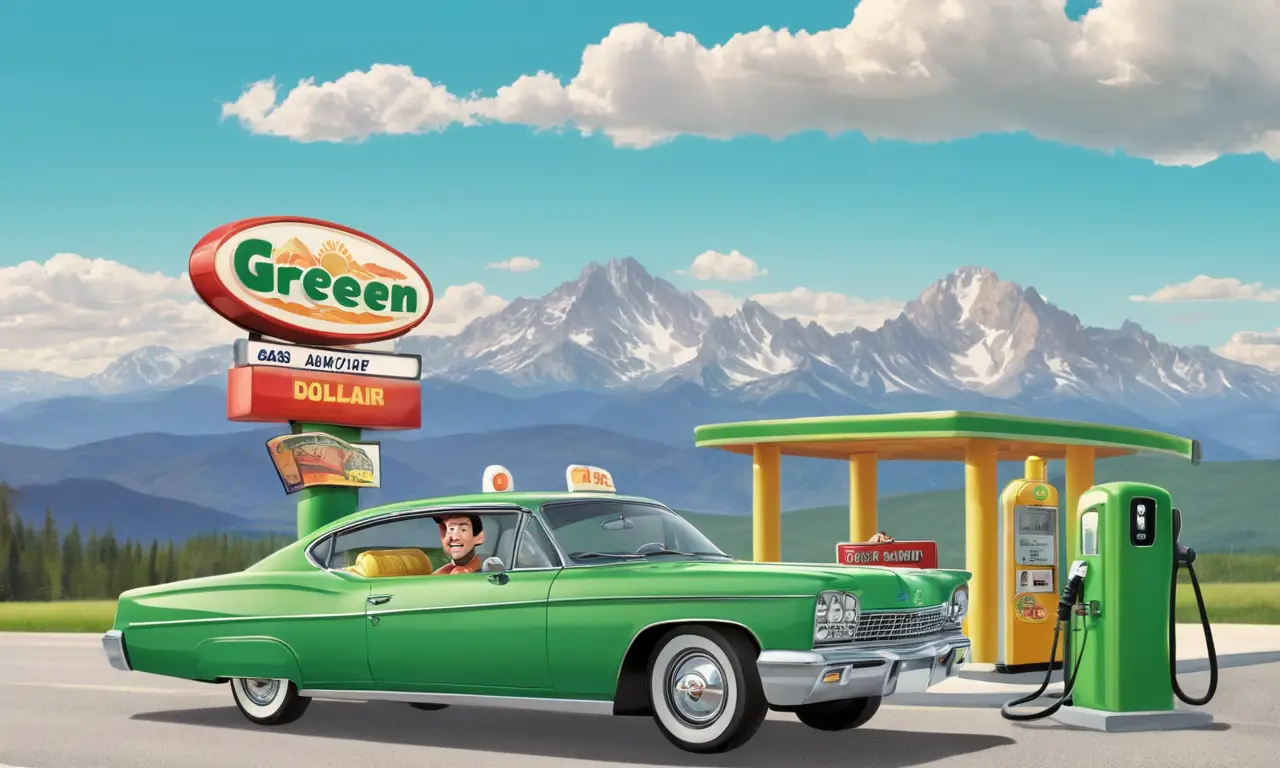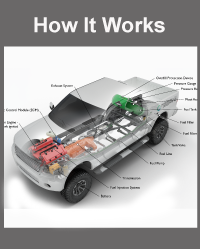The rising cost of gasoline and growing environmental concerns have led many drivers to explore alternative fuel options. One such option gaining traction is propane, a readily available and clean-burning fuel that can power vehicles efficiently. This article delves into the feasibility of running cars on propane, examining its benefits, fuel efficiency, environmental impact, and the conversion process involved.
This comprehensive guide will cover everything you need to know about running car on propane, from understanding its technical aspects to exploring its potential cost savings and environmental advantages. By the end of this article, you’ll have a clear understanding of whether propane is a viable alternative fuel for your vehicle.
Can Cars Run on Propane?
The answer is yes! While not all cars are designed to run on propane directly, many vehicles can be successfully converted to utilize this fuel source. Propane autogas systems typically involve replacing the gasoline engine’s fuel lines and injectors with components compatible with propane. This conversion process allows the vehicle to operate solely on propane or in a dual-fuel mode, switching between propane and gasoline as needed.
Several factors influence the suitability of a car for propane conversion. Engine type, size, and age play a role, as do the availability of qualified mechanics and local regulations regarding propane conversions. Modern vehicles with fuel-injected engines tend to be more adaptable to propane conversion than older carburetor-equipped models.
Propane Autogas Benefits

Switching to car runs on propane offers several compelling advantages over traditional gasoline:
- Cost Savings: Propane is generally less expensive per gallon than gasoline, leading to significant savings at the pump over time. This cost difference can vary depending on regional fuel prices and market fluctuations.
- Clean Burning: Propane burns cleaner than gasoline, producing fewer harmful emissions such as carbon monoxide, particulate matter, and nitrogen oxides. This contributes to improved air quality and a reduced environmental impact.
- Energy Security: Propane is a domestically produced fuel source, reducing reliance on foreign oil imports and enhancing energy security.
Fuel Efficiency & Savings
While propane’s energy content is slightly lower than gasoline, vehicles converted to run on propane often exhibit comparable or even improved fuel efficiency. This is due to propane’s higher octane rating, which allows for more efficient combustion within the engine.
The actual fuel economy gains vary depending on factors like driving habits, vehicle type, and conversion quality. However, many drivers report a noticeable reduction in their fuel costs after switching to can cars run on propane.
Environmental Impact

Propane autogas significantly reduces greenhouse gas emissions compared to gasoline. It produces approximately 10% fewer carbon dioxide emissions per mile driven, contributing to a cleaner environment.
Furthermore, propane burns more cleanly than gasoline, resulting in lower levels of harmful pollutants such as nitrogen oxides and particulate matter. These pollutants contribute to smog formation, respiratory problems, and other environmental concerns.
Propane Conversion Process
Converting a car to run on propane involves several steps:
- System Selection: Choosing the right propane autogas system for your vehicle is crucial. Factors to consider include fuel tank size, engine compatibility, and desired driving range.
Installation: A qualified mechanic specializing in propane conversions will install the necessary components, including a propane tank, fuel lines, injectors, and control systems.
Tuning & Testing: After installation, the vehicle’s engine needs to be properly tuned and tested to ensure optimal performance and fuel efficiency on propane.
Conclusion
Running cars on propane presents a viable and attractive alternative to traditional gasoline. With its cost-saving potential, clean-burning nature, and reduced environmental impact, propane autogas offers a compelling solution for environmentally conscious drivers seeking to lower their fuel expenses. While the initial conversion cost may seem significant, the long-term benefits in terms of fuel savings and environmental responsibility often outweigh the upfront investment.



